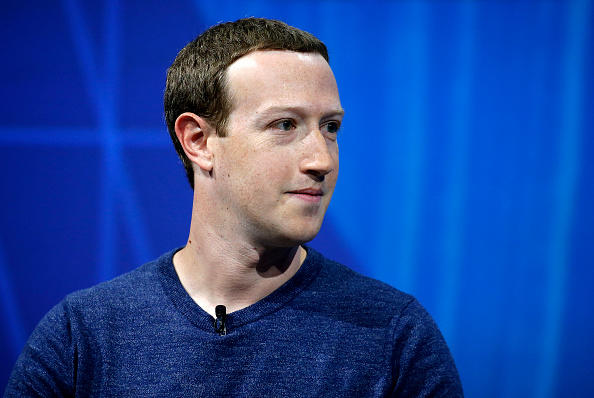Facebook has settled a civil rights lawsuit that alleged the company participated in discriminatory ad practices.
Facebook’s ad targeting system allows companies to exclude certain groups from seeing ads for things like housing and jobs. The settlement will require the company to essentially overhaul it’s ad system, which is its major money maker. It’s a first of kind settlement and one that could have huge implications for the company moving forward.
The company will create a separate space on Facebook, Instagram, and Messenger for advertisers who are making job, housing, or credit ads. Within that space, Facebook will get rid of targeted advertisement that allowed people to target ads based on age, gender, and options associated with “protected characteristics or groups” according to the ACLU.
People won’t be able to target ads based on a ZIP code or geographic area that’s less than a 15-mile radius. And, when developing “Lookalike” audiences for advertisers, Facebook will stop using age, gender, ZIP code, or membership in specific groups.
In addition, advertisers for jobs, housing, and credit will have to certify their compliance with anti-discrimination laws. Under the agreement, the ACLU will monitor Facebook and its progress for a three-year period.
Concerns around Facebook’s targeted advertisements arose with a 2016 ProPublica report. The outlet shared it was allowed to buy housing ads that excluded African American, Asian American, and Hispanic people from seeing it.
This was very obviously in violation of the Fair Housing Act of 1968, but Facebook originally defended itself to USA Today claiming that “multicultural” targeting is common in the ad industry. Still, the company said it was “working better” to understand the concerns brought up.
Then, in 2017, another ProPublica report found that discriminatory ads still got through Facebook’s system. Since then, Facebook has been hit by five discrimination lawsuits and charges from a variety of sources, including civil rights groups and individuals, as reported by CNN.
In September, the ACLU filed charges with the Equal Employment Opportunity Commission against Facebook, on behalf of the Communications Workers of America and individuals. The ACLU wrote, “These charges joined other litigation asserting race discrimination in job, housing, and credit ads and age discrimination in job ads.”
As online advertising becomes ingrained into people’s lives, it’s important to understand and confront discriminatory practices as they unfold on different platforms.
Discrimination hidden within Facebook’s targeted ads proves that exclusion doesn’t need to be stated outright and can be built into the ads themselves — similar to the practice of redlining.
Facebook probably isn’t the only online platform guilty of discriminatory practices, but this is still a win for civil rights advocates. Facebook is such a big company that being able to force them to completely overhaul a system sends a clear warning to everybody else.
“Because Facebook is such a dominant player in online advertising, today’s settlement marks a significant step toward ensuring that we don’t lose our civil rights when we go online to find a house, job, or loan,” the ACLU said. “But we’ll keep working to ensure that those rights remain intact no matter where we click.”
Any advertisers who aren’t creating housing, credit, or job ads will be able to continue using targeted advertising.

